Best movies like Taras Shevchenko
A unique, carefully handpicked, selection of the best movies like Taras Shevchenko Starring Amvrosi Buchma, Vasyl Liudvynskyi, Matvey Liarov, Ivan Khudoleyev, and more. If you liked Taras Shevchenko then you may also like: The Night Coachman, Oscar Wilde, A Quiet Passion, The Agony and the Ecstasy, Arsenal and many more popular movies featured on this list. You can further filter the list even more or get a random selection from the list of similar movies, to make your selection even easier.
The film adaptation of Taras Shevchenko’s biography of 1925 is the first Ukrainian biopic. At that time, it was one of the most expensive films, as for the first time experts in history, ethnography, and literary studies were involved in pre-production. The famous Modernism artist, academician Vasyl Kryvhevskyi designed the film, and professor Serhii Yefremov served as a consultant. Consisting of numerous short stories, the film that shows the life of Shevchenko as an adolescent, a soldier, a poet, was successfully demonstrated in Ukraine and abroad and became the most acknowledged cinema project of 1926. Amvrosii Buchma played Taras Shevchenko.
You may filter the list of movies on this page for a more refined, personalized selection of movies.
Still not sure what to watch click the recommend buttun below to get a movie recommendation selected from all the movies on this list
Oscar Wilde
England, 1891. Ascending writer Oscar Wilde (1854-1900) meets Lord Alfred Douglas, a young nobleman. Over the years, they will maintain an intimate relationship that will be openly criticized by Alfred's father, the Marquis of Queensberry, in such a harsh way that Wilde, instigated by Alfred, decides to sue Queensberry in 1895, accusing him of defamation.
A Quiet Passion
The story of American poet Emily Dickinson from her early days as a young schoolgirl to her later years as a reclusive, unrecognized artist.
The Agony and the Ecstasy
During the Italian Renaissance, Pope Julius II contracts the influential artist Michelangelo to sculpt 40 statues for his tomb. When the pope changes his mind and asks the sculptor to paint a mural in the Sistine Chapel, Michelangelo doubts his painting skills and abandons the project. Divine inspiration returns Michelangelo to the mural, but his artistic vision clashes with the pope's demanding personality and threatens the success of the historic painting.
Bright Star
In 1818, high-spirited young Fanny Brawne finds herself increasingly intrigued by the handsome but aloof poet John Keats, who lives next door to her family friends the Dilkes. After reading a book of his poetry, she finds herself even more drawn to the taciturn Keats. Although he agrees to teach her about poetry, Keats cannot act on his reciprocated feelings for Fanny, since as a struggling poet he has no money to support a wife.
Magic Beyond Words: The J.K. Rowling Story
A look at J.K. Rowling from her humble beginnings as an imaginative young girl and awkward teenager, to the loss of her mother and the genesis of the Harry Potter book series.
The Color of Pomegranates
The life of the revered 18th-century Armenian poet and musician Sayat-Nova. Portraying events in the life of the artist from childhood up to his death, the movie addresses in particular his relationships with women, including his muse. The production tells Sayat-Nova's dramatic story by using both his poems and largely still camerawork, creating a work hailed as revolutionary by Mikhail Vartanov.
The Passion of Ayn Rand
Author Ayn Rand becomes involved with a much younger and married man, to the dismay of those close to her.
The Professor and the Madman
Professor James Murray begins work compiling words for the first edition of the Oxford English Dictionary in the mid 19th century, and receives over 10,000 entries from a patient at Broadmoor Criminal Lunatic Asylum, Dr. William Minor.
Patton
"Patton" tells the tale of General George S. Patton, famous tank commander of World War II. The film begins with patton's career in North Africa and progresses through the invasion of Germany and the fall of the Third Reich. Side plots also speak of Patton's numerous faults such his temper and habit towards insubordination.
Girl with a Pearl Earring
This film, adapted from a work of fiction by author Tracy Chevalier, tells a story about the events surrounding the creation of the painting "Girl With A Pearl Earring" by 17th century Dutch master Johannes Vermeer. A young peasant maid working in the house of painter Johannes Vermeer becomes his talented assistant and the model for one of his most famous works.
Ivan the Terrible, Part II: The Boyars' Plot
This is the second part of a projected three-part epic biopic of Russian Czar Ivan Grozny, undertaken by Soviet film-maker Sergei Eisenstein at the behest of Josef Stalin. Production of the epic was stopped before the third part could be filmed, due to producer dissatisfaction with Eisenstein's introducing forbidden experimental filming techniques into the material, more evident in this part than the first part. As it was, this second part was banned from showings until after the deaths of both Eisenstein and Stalin, and a change of attitude by the subsequent heads of the Soviet government. In this part, as Ivan the Terrible attempts to consolidate his power by establishing a personal army, his political rivals, the Russian boyars, plot to assassinate him.
Hitchcock
Following his great success with "North by Northwest," director Alfred Hitchcock makes a daring choice for his next project: an adaptation of Robert Bloch's novel "Psycho." When the studio refuses to back the picture, Hitchcock decides to pay for it himself in exchange for a percentage of the profits. His wife, Alma Reville, has serious reservations about the film but supports him nonetheless. Still, the production strains the couple's marriage.
The Lost Letter
Folk comedy that tells the adventures of Ukrainian cossacks Vasyl and Andriy as they set out on a long journey to deliver a letter from their leader to the Russian empress in St. Petersburg.
Parajanov: The Last Spring
Made in wartime and edited in candlelight, Mikhail Vartanov's rarely-seen masterpiece tells about his friendship with the genius Sergei Parajanov who was imprisoned by KGB "at the peak of his artistic power". Vartanov takes us back with the scenes from his censored 1969 film The Color of Armenian Land where Paradjanov is at work on his suppressed chef-d'oeuvre The Color of Pomegranates - widely regarded as one of the greatest films of all time - and contrasts it with the shocking request Parajanov sent him in unpublished 1974 letters from the Soviet prisons. Vartanov's camera documents Parajanov's striking last day at work in 1990 during the making of the unfinished Confession. A monumental wordless montage - the entire sixth reel - concludes Vartanov's acclaimed documentary, which, despite the prohibitive conditions it was created in, won the admiration of many of cinema's greatest artists, including Francis Ford Coppola and Martin Scorsese.
The Secret Life of Ian Fleming
The Secret Life of Ian Fleming follows the exciting life of a dashing young Ian Fleming, the mastermind behind the highly successful James Bond books and movies.
The Happy Prince
In 1895, Oscar Wilde (1854-1900) was the most famous writer in London, and Bosie Douglas, son of the notorious Marquess of Queensberry, was his lover. Accused and convicted of gross indecency, he was imprisoned for two years and subjected to hard labor. Once free, he abandons England to live in France, where he will spend his last years, haunted by memories of the past, poverty and immense sadness.
Benediction
Poet Siegfried Sassoon survived the horrors of fighting in the First World War and was decorated for his bravery, but became a vocal critic of the government's continuation of the war when he returned from service. Adored by members of the aristocracy as well as stars of London's literary and stage world, he embarked on affairs with several men as he attempted to come to terms with his homosexuality.
Without Prejudice
The film was made on the basis of the literary version of events in the life of the famous Russian ethnographer, anthropologist, biologist and traveler who studied the indigenous population of South-East Asia, Australia and Oceania.
Full Out
Based on the true life story of California gymnast Ariana Berlin. As she zoned in on her Olympic goals, 14 year old Ariana Berlin's life took a sharp turn when she was involved in a debilitating car accident. Gaining her confidence and movement back through learning hip hop dance, she unexpectedly found herself called back to the gymnastics world thanks to world renowned UCLA Coach Valorie Kondos Field. With Val's help, Ariana was eventually able to secure a spot on the UCLA gymnastics team and win an NCAA championship, a lifelong goal that she had always dreamed of. This is a wonderfully inspiring story of persistence, confidence, and the heart and courage to make a somewhat impossible comeback in life.
A Dream
Poetic treatment of the early life of Ukrainian poet and painter Taras Shevchenko. A biopic made on the occasion of his 150th anniversary. It dwells on the first part of the Shevchenko's life leading up to the writing of his rebellious poem "A Dream" (A comedy). The film features the first appearance on the silver screen of the iconic Ukrainian actor Ivan Mykolaichuk (as Taras Shevchenko).
Taras Shevchenko
Growing up in a Ukrainian peasant family, knowing all hardships of serf life, young artist and poet Taras Shevchenko in the years of study clearly identifies the meaning of true art, which is to serve the interests of the people. The poems of Shevchenko are imbued with love for the common people. Fiery freedom-loving creativity of Taras Shevchenko is known throughout Russia. Nicholas I exiles the poet to the distant Caspian fort where he is to serve as an ordinary soldier and is banned from writing or drawing. In the poet's difficult days he has the support of Ukrainian soldier Skobelev, Polish revolutionary Sierakowski, captain Kosarev and the commandant of the fortress, Uskov. For the sake of his release Chernyshevsky and Dobrolyubov are hard at work. And so, the sick and aged Shevchenko is finally free. Together with Chernyshevsky and Dobrolyubov, he dreams of a bright future of the motherland, when the Russian and Ukrainian peoples throw off the chains of slavery.
Aleksandr Parkhomenko
About the life and heroic death of the old Bolshevik-Lugansk resident, participant in the civil war, Aleksandr Yakovlevich Parkhomenko. In 1918, capturing Ukraine, the German occupiers sought to use the Haidamaks, the White Guards and the Greens in their struggle. By order of Voroshilov, Aleksandr Parkhomenko from Lugansk arrives in Tsaritsyn. At the same time, the Germans launched an active offensive. The "red" battalions are poorly armed, however, Parkhomenko manages to raise them to the attack and put the enemy to flight.
Hryhorii Skovoroda
It is a life story of one of the most famous Ukrainians and certainly a faithful servant of his nation, of Hryhorii Skovoroda. Neither promises, nor suggestion of high ranks, nor flattery, could shake his fidelity to his ideals. A wandering philosopher, who loved Ukraine with all his heart, he left an eternal trace in its history and culture.
Lethal Kittens
In 2014 Russia’s hybrid war against Ukraine turns hot. An engineer, actor, soccer coach and florist volunteer to fight on the front line. Unaware of the pivotal role they will play in the war, they discover the meaning of true leadership.
Zakhar Berkut
This film is based on the classic novel of the same name by writer Ivan Franko, one of the most famous figures of Ukrainian literature. It is set during the 1200s and the invasion of the medieval Ukrainian-Russian state of Rus' by Chengis Khan's Golden Horde. Due to its having been produced during the Soviet era, the story's aspect of class-conflict between the "heroic" peasantry and the "decadent" noble particularly emphasized here.
The Taras Family
Russian filmmaker Mark Donskoi, of "The Gorky Trilogy" fame, was responsible for the postwar Soviet drama The Taras Family (originally Nepokorenniye, and also released as Unvanquished and Unconquered). A semi-sequel to Donskoi's Raduga (1944), the story is set in Nazi-occupied Kiev. The drama focusses on the travails of a typical Soviet family and on the efforts by the Germans to force the reopening of a local munitions factory. The film is at its most grimly effective in a long sequence wherein the Nazis conduct a search for Jewish escapees, culminating in a horribly graphic re-creation of the slaughter of the Jews at Babi Yar. While Donskoi was critically lambasted for his cinematic "sloppyiness" during this sequence (hand-held camera, rapid cuts etc.), it can now be seen that he was attempting a realistic, documentarylike interpretation of this infamous Nazi atrocity.
Prometey
The life was cruel with Ivas. The landlord sent him at war, and his girlfriend – in the house of ill fame. In the troops an ordinary peasant gets acquainted with an ideological revolutionary and becomes inspired with the feeling of inequity to the existing social structure. And when the time comes to return to the native village, he will make the sir pays by his blood for all wrong-doings against the peasants. A film based on works and biography of the Ukrainian poet Taras Shevchenko (1814 - 1861).
Ypres
In 1925, with the cooperation of the War Office, British Instructional Films set out to make a dramatic, feature-length reconstruction of the five Ypres battles in which 1.7 million soldiers lost their lives. Directed by William Summers, the result is a silent classic. Unlike the famous 1916 documentary The Battle of the Somme, the Ypres footage is entirely ”faked” and the film shares some of Somme‘s propagandist approach. Regardless, the film is no less fascinating as an artistic endeavour of its time and it features some stunning images. A degree of authenticity is provided by real soldiers taking part and by the filming having taken place in the actual Ypres trenches.
Zozulya with Diploma
USSR of 70th years of the twentieth century. Maxim Zozulya is graduating from school and trying to find his place in life. Everything was pretty evenly before Natalia has won Maxim’s heart. Her character and appearance has attracted protagonist. However, to achieve reciprocity, Maxim will have to pass many difficult situations.
The Golden Cocoon
The story of a much put-upon woman who becomes involved with a professor of political economy only to be thrown over by him for the daughter of a wealthy businessman.



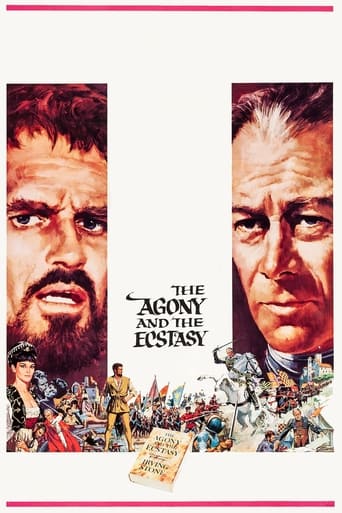

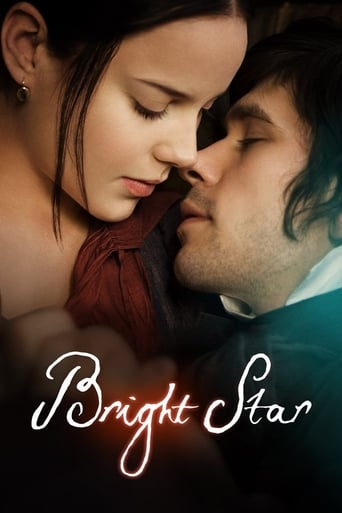




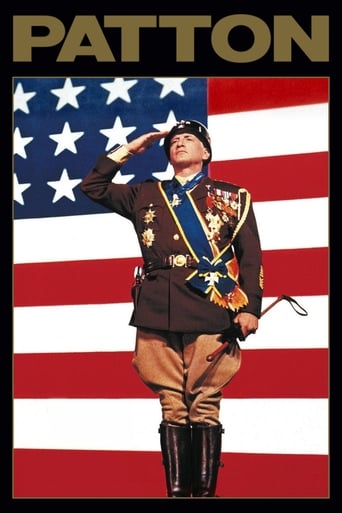
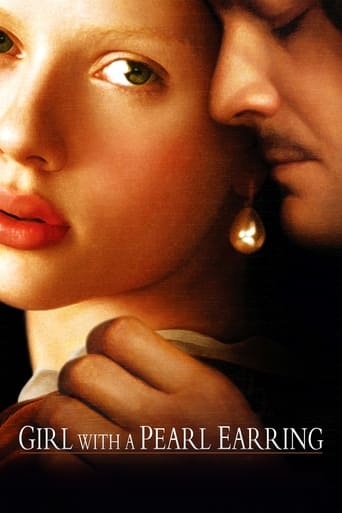

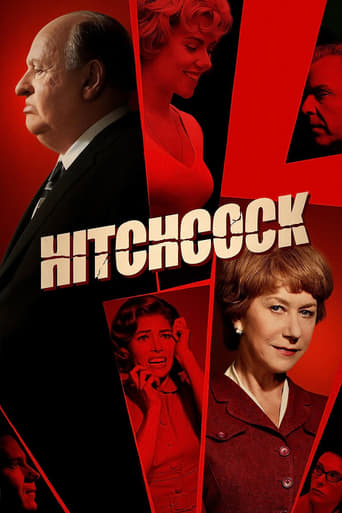


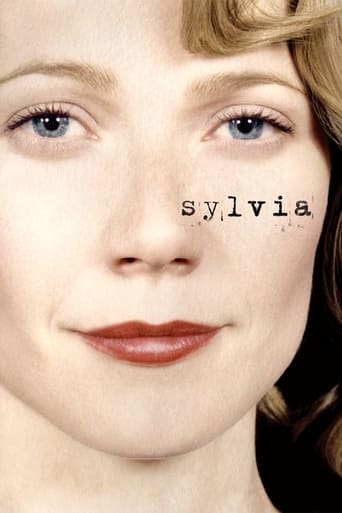
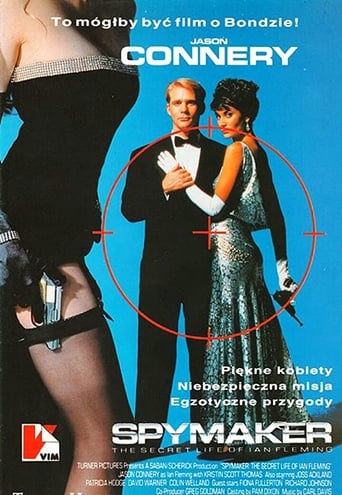
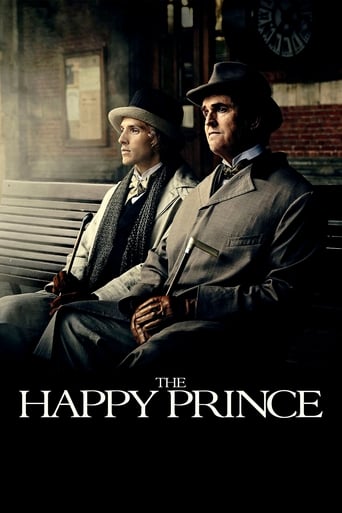
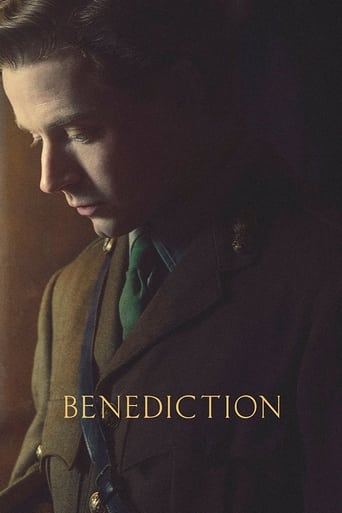
















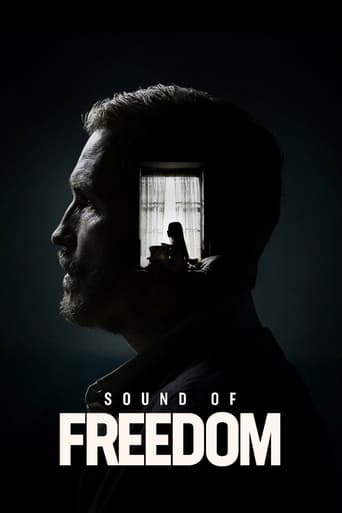
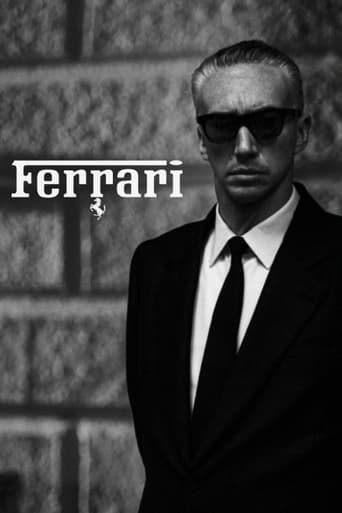
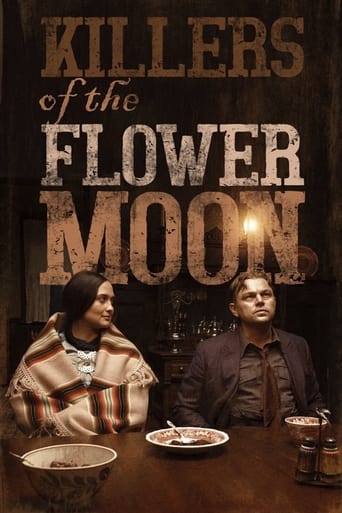
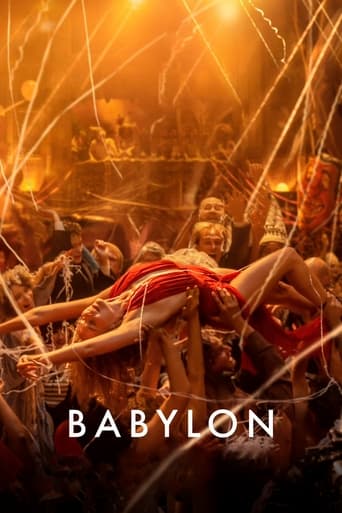
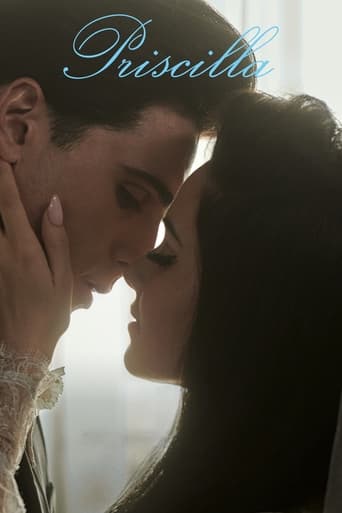
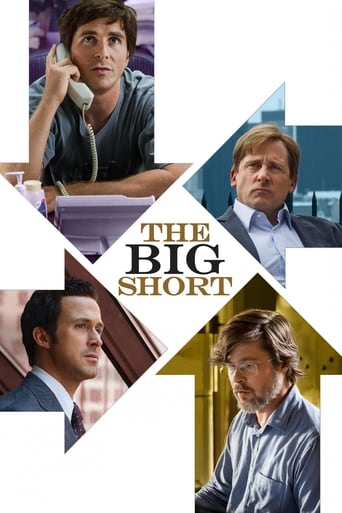
The Night Coachman
Set in Odesa at the end of the Civil War when the town is occupied by the Whites. The night coachman, fifty-year-old Hordiy Yaroshchuk, lives with his daughter Katya who gets involved with a Bolshevik and revolutionary.